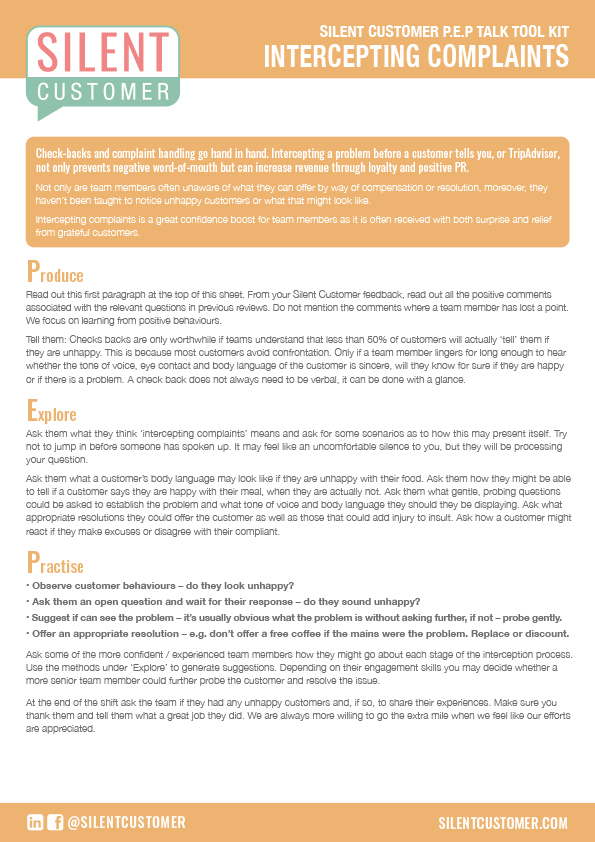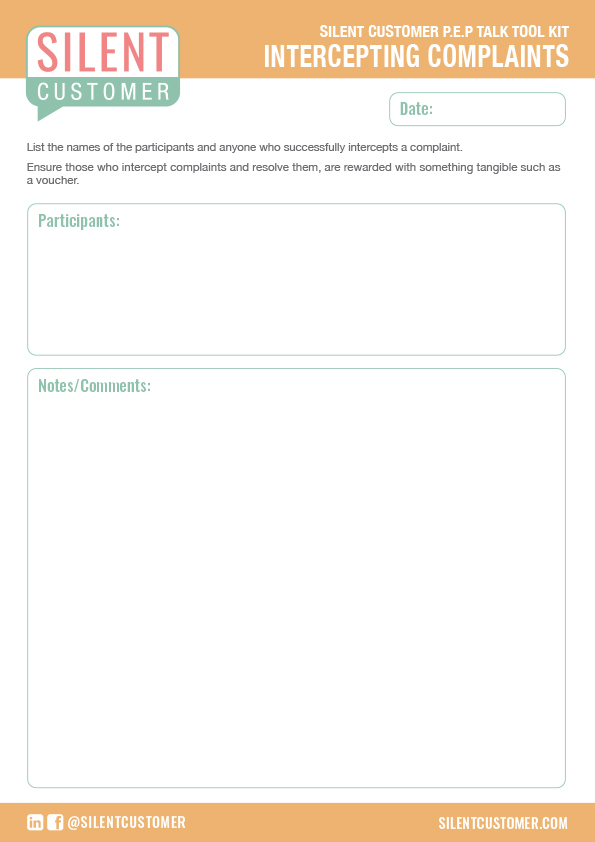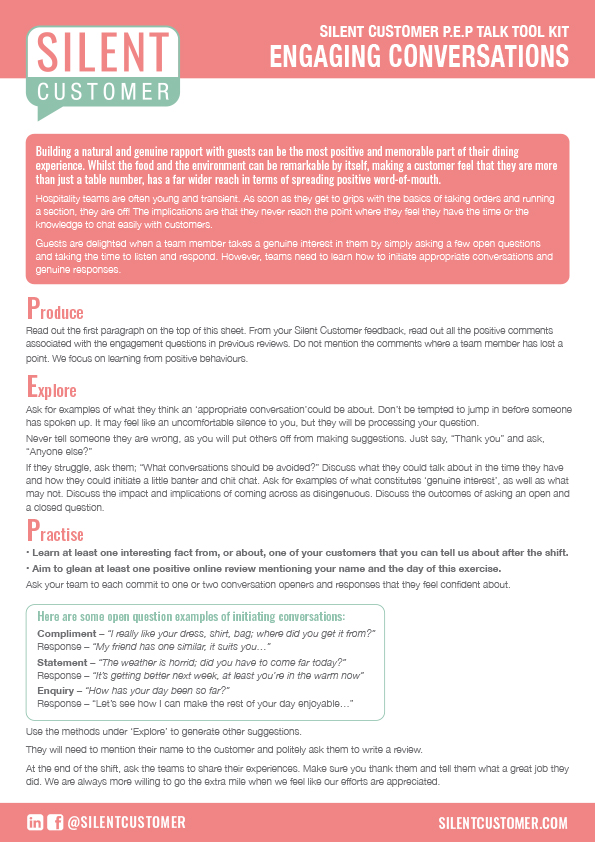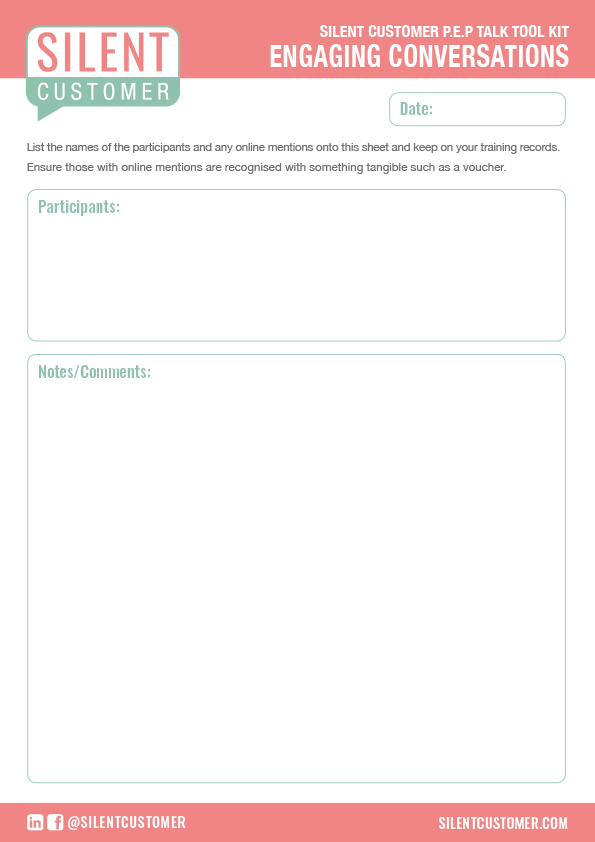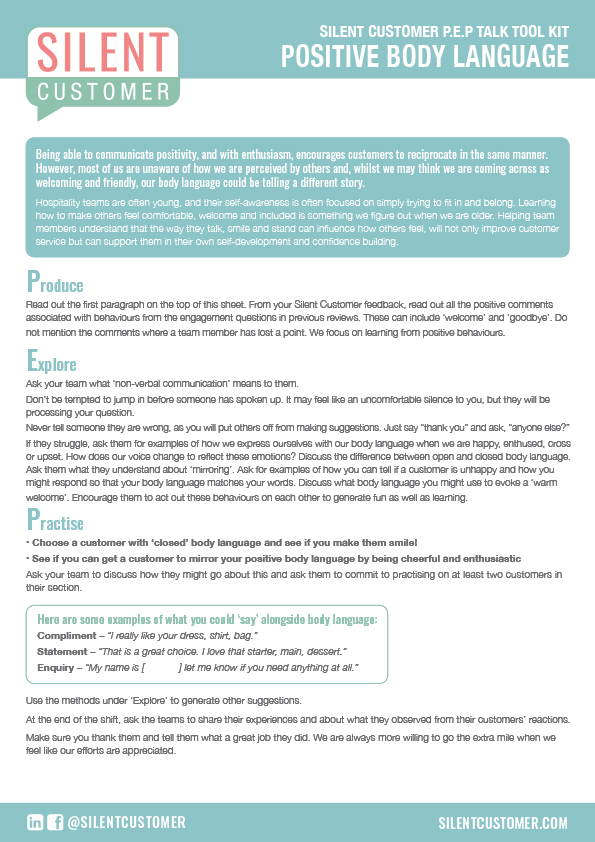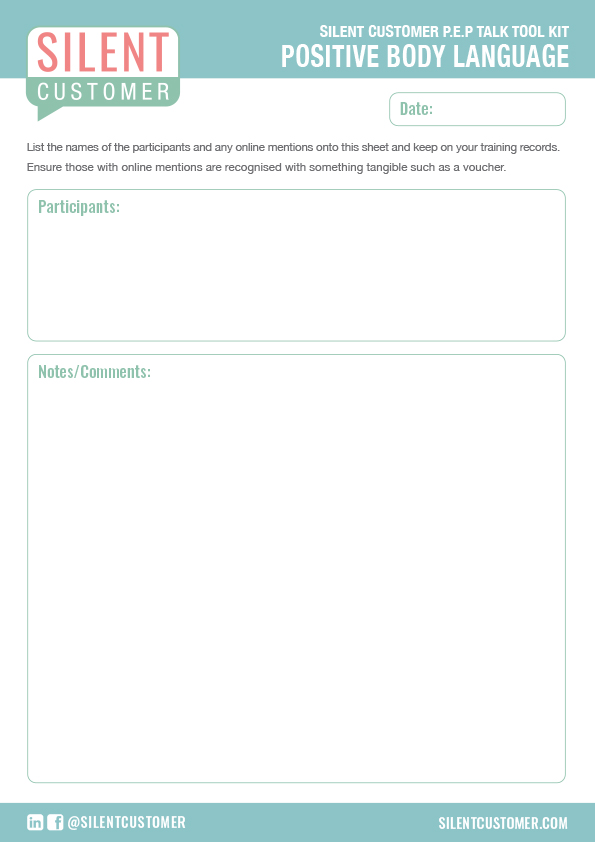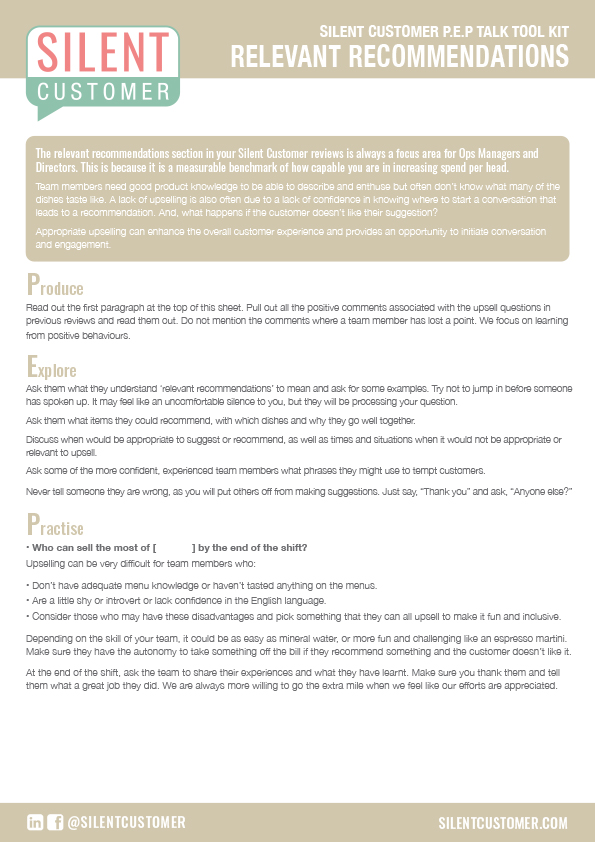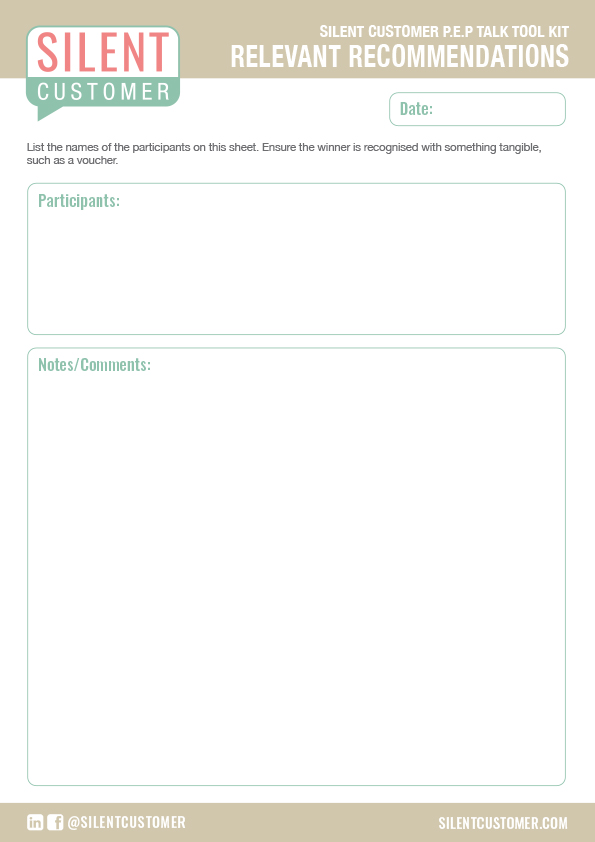I run a mystery guest company which aggregates reviews as one of its services but, I’m ashamed to say, even I have fallen foul to a company that faked its reviews. It cost me thousands and I had a near breakdown as they failed to build a time-critical e-commerce website.
Google didn’t give two hoots, nor did Trust Pilot, and, nor did the Action Fraud or HMRC when, further down the line, we discovered that the web agency owner had served a custodial sentence for defrauding people out of new kitchens and was banned from running a company. My only vindication was that, at the same time he was busy breaking me, he was doing the same to others, and when we found each other, we at least took some solace from that.
What’s my point? Well, people trust reviews. That’s the blinking point of them! So, if there is no way of policing the truth, it kinda makes a mockery out of us. But the reality is that fake reviews don’t do anyone any good.

Let’s look at these two scenarios:
- The company owner fakes reviews
People use the business with super high expectations, have a terrible experience and write a bad review. (Note, they probably wouldn’t have bothered if their experience was a beige one, but because the owner has overinflated the offering, they’re less forgiving). And the more negative reviews there are, with the same story, the more people will start believing them over the fake ones, regardless of the star rating. So that’s: lose-lose.
- The staff write fake reviews
Team members and managers add positive reviews because they are worried about getting into trouble for poor reviews. As above, what’s even worse is that the business owner has no idea what’s actually going on in their business because any issues or poor performance are being diluted. Lose-lose-lose!

This week, Google announced that it has now agreed to make “significant changes to its processes” to help tackle fake reviews of UK businesses.
The Competition and Markets Authority (CMA) says the firm – which accounts for 90% of searches in the UK – will attach warnings to companies found to have artificially boosted their star rating. The worst offenders will have their review function deactivated, meaning they cannot receive any new reviews. Individuals who repeatedly post fake or misleading reviews will be banned from posting – regardless of where they are in the world.
Silent Customer is a specialist provider of mystery shopping services, customer feedback and review collation, sentiment tracking, and competitor analysis. We work with many multi-site businesses across a multitude of sectors including hospitality, hotel groups, clinics, offices and competitive socialising businesses. So don’t forget to keep an eye on your own reviews and if you would like to know more about how to collate and manage your feedback to drive sales and reduce revenue leakage get in touch!

